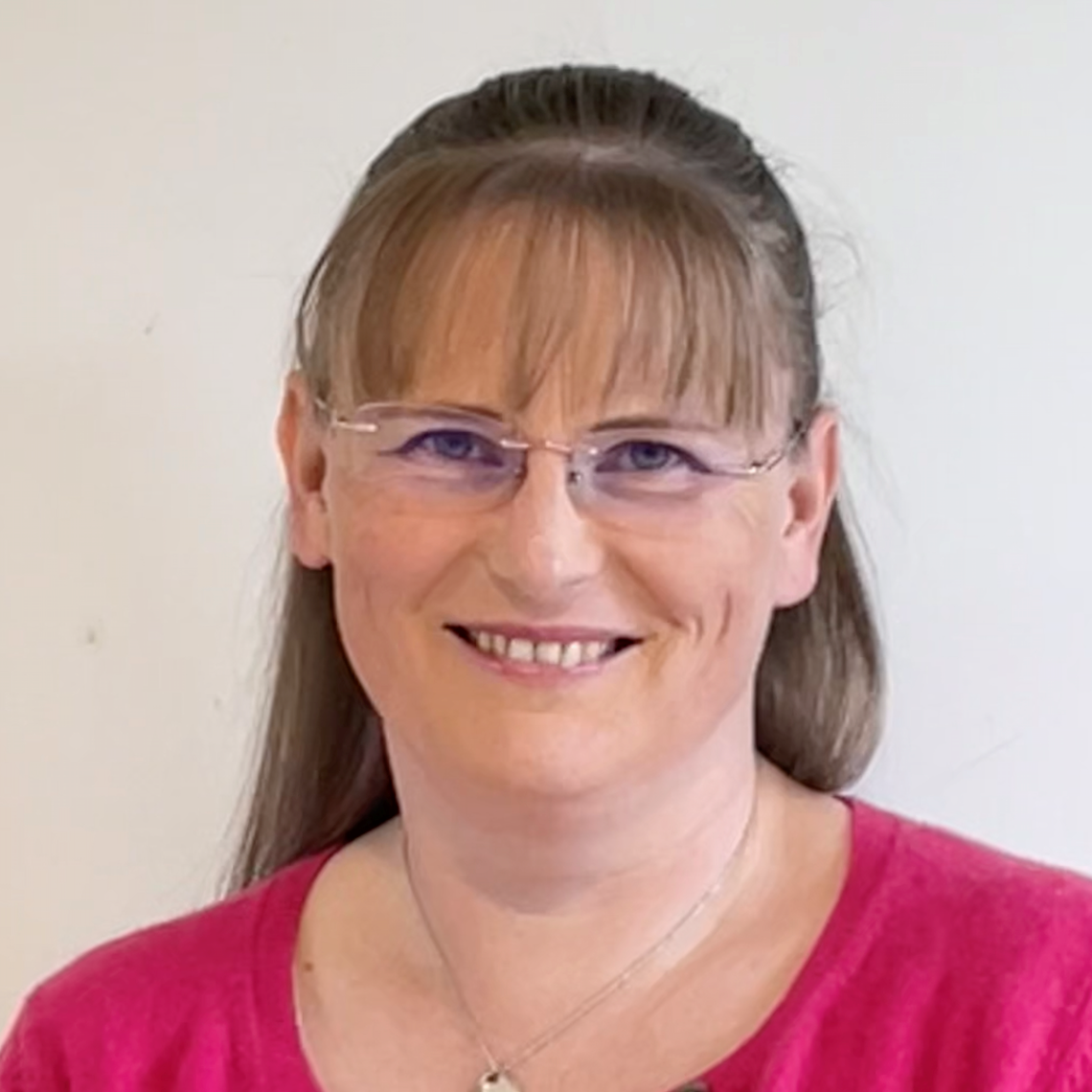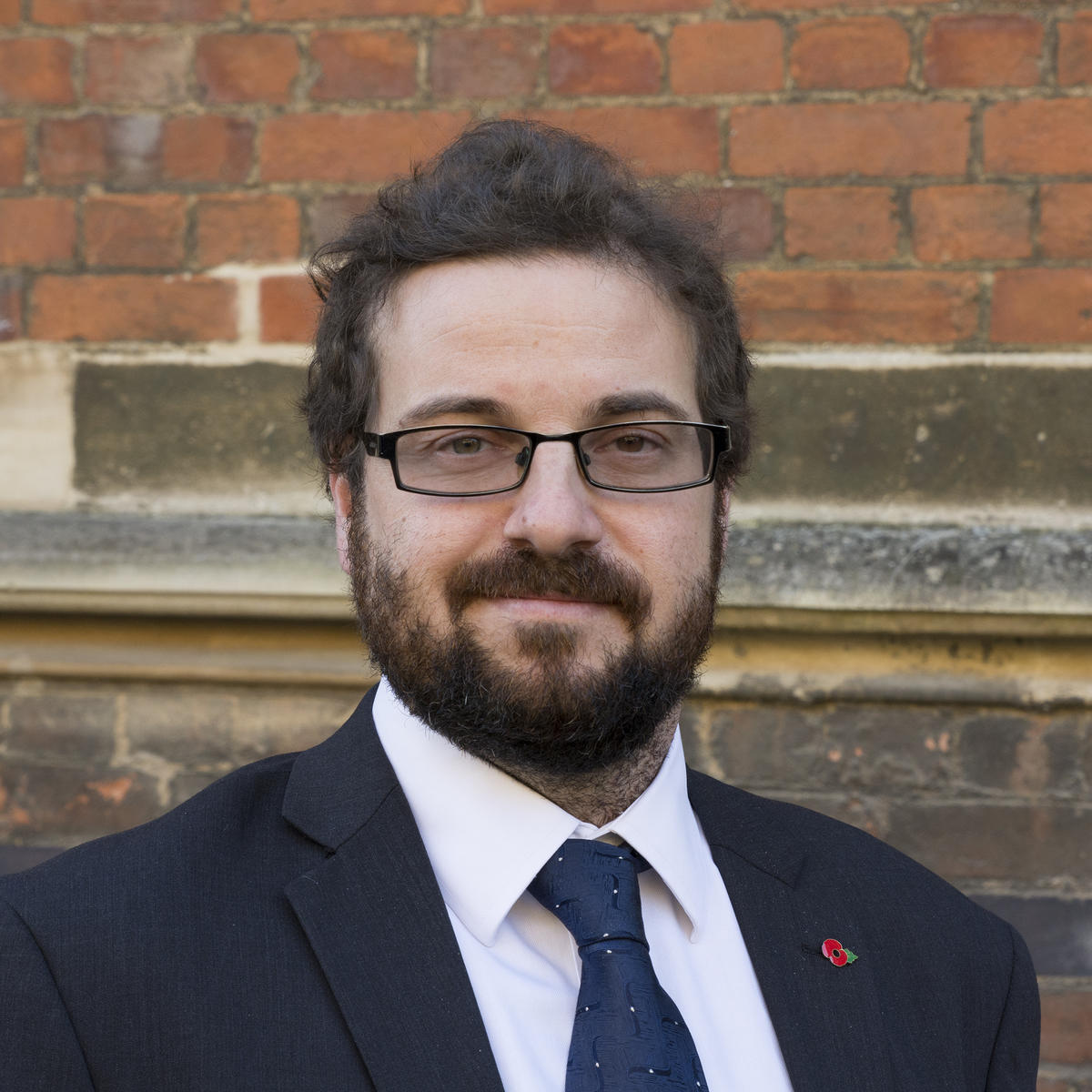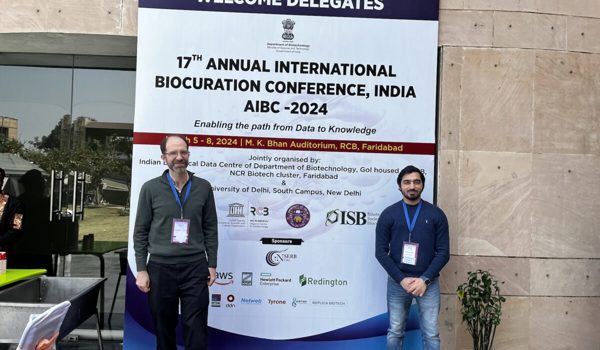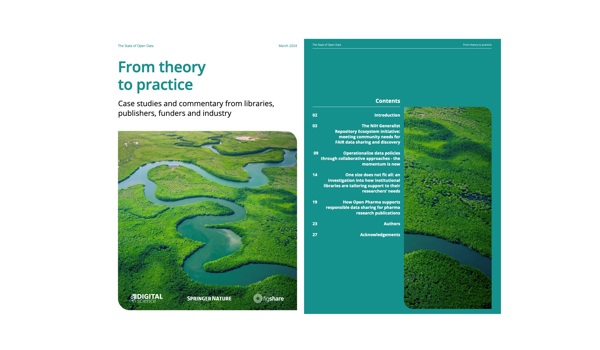11 Mar 2022
Oxford e-Research Centre goes from strength to strength with Mini TESA expansion
One of our growing research teams has moved into Oxford’s Mini TESA, a new world-leading multi-disciplinary hub and co-working space for energy systems research
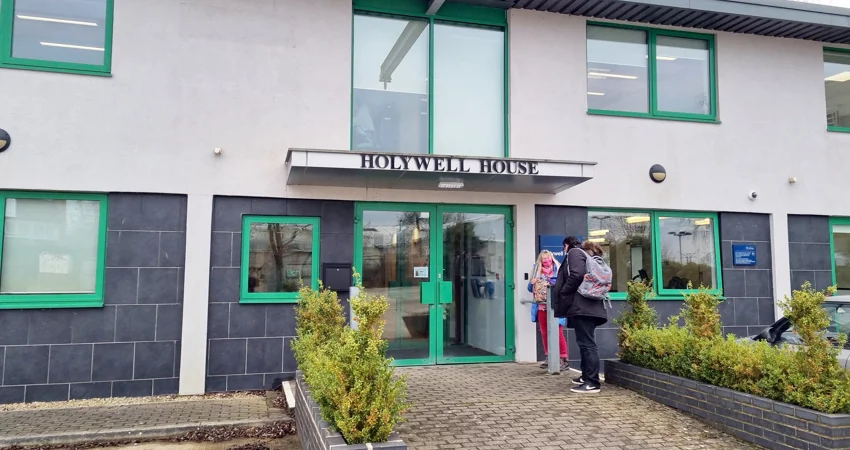
The Mini TESA Holywell House building in Oxford
Oxford e-Research Centre has expanded with the move of one of our growing research teams into collaborative workspace at Oxford’s Energy Systems Accelerator pilot (Mini TESA), located in Holywell House at the University of Oxford’s Osney Mead estate.
The new world-leading multi-disciplinary hub and co-working space has been established with the aim of bringing together the experts from academia and industry who are taking on the challenge of the UK’s energy systems transition. Recent international crises and surges in UK energy prices have starkly highlighted how great a challenge this is.
The site is now home to two Department of Engineering Science groups focused on energy research, as well as collaborators from several clean energy projects and industrial partners from the Energy sector. The Mini TESA also hosts the teaching of the University of Oxford’s renowned MSc in Energy Systems course.
Professor of Informatics and Course Director for the MSc in Energy Systems David Wallom explained the reasons behind the establishment of the Mini TESA;
“The overall aim is to create critical mass of research in energy in one place, bringing together different expertise to encourage conversations between all the different parties based in the building.”
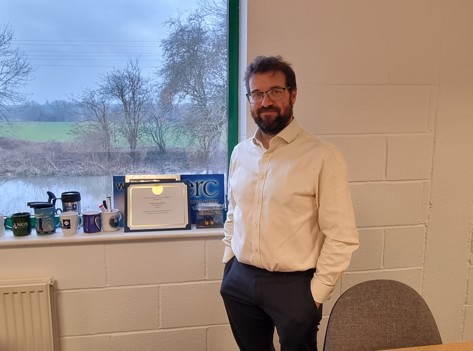 Professor David Wallom at Oxford’s Mini TESA
Professor David Wallom at Oxford’s Mini TESA
“The Mini TESA currently hosts the Energy & Environmental informatics research group and the Energy and Power group. The site also hosts the MSc is energy Systems, the idea being to embed those students within the research team. We also have collaborators in the Local Energy Oxfordshire project, the Low Carbon Hub who have moved their team into the Mini TESA, as well as other collaborators from the Energy Systems Catapult and Scottish and Southern Electricity Networks."
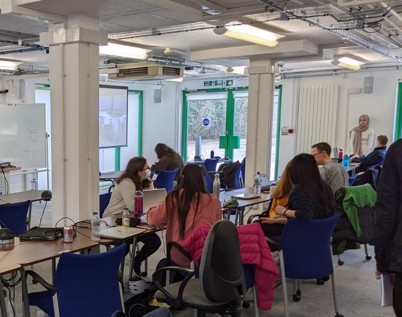 MSc in Energy Systems students at Oxford's Mini TESA
MSc in Energy Systems students at Oxford's Mini TESA
Dr Sarah Sparrow, Associate Member of Faculty and Deputy Course Director for the MSc in Energy Systems, spoke about the benefits of the Mini TESA for collaborations and interaction;
After the restrictions placed upon face-to-face contact in the Covid-19 pandemic, getting different teams together on one site has been beneficial. We have really appreciated the new workspace and social areas, which have allowed for interaction with new people from across different disciplines and working groups, and it feels like there is a real buzz in the place.
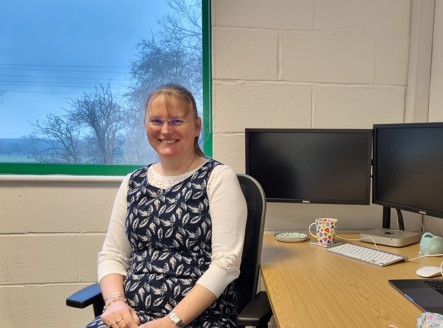 Dr Sarah Sparrow at Oxford's Mini TESA
Dr Sarah Sparrow at Oxford's Mini TESA
The establishment of the Mini TESA can be considered part of a larger vision for the development of Energy research at the University of Oxford. Professor Wallom spoke about his hopes for the next stage of this process;
"We moved into The Mini energy systems accelerator (Mini TESA), the idea being to create a single focal point for energy research in the University of Oxford. This is a pilot for a larger projected building to be built on the Osney site, as part of the Osney Masterplan. We hope this will bring together even more researchers from across many more disciplines."
Find Out More
University of Oxford MSc in Energy Systems
Article: TESA pilot aims to forge UK’s energy systems transition

